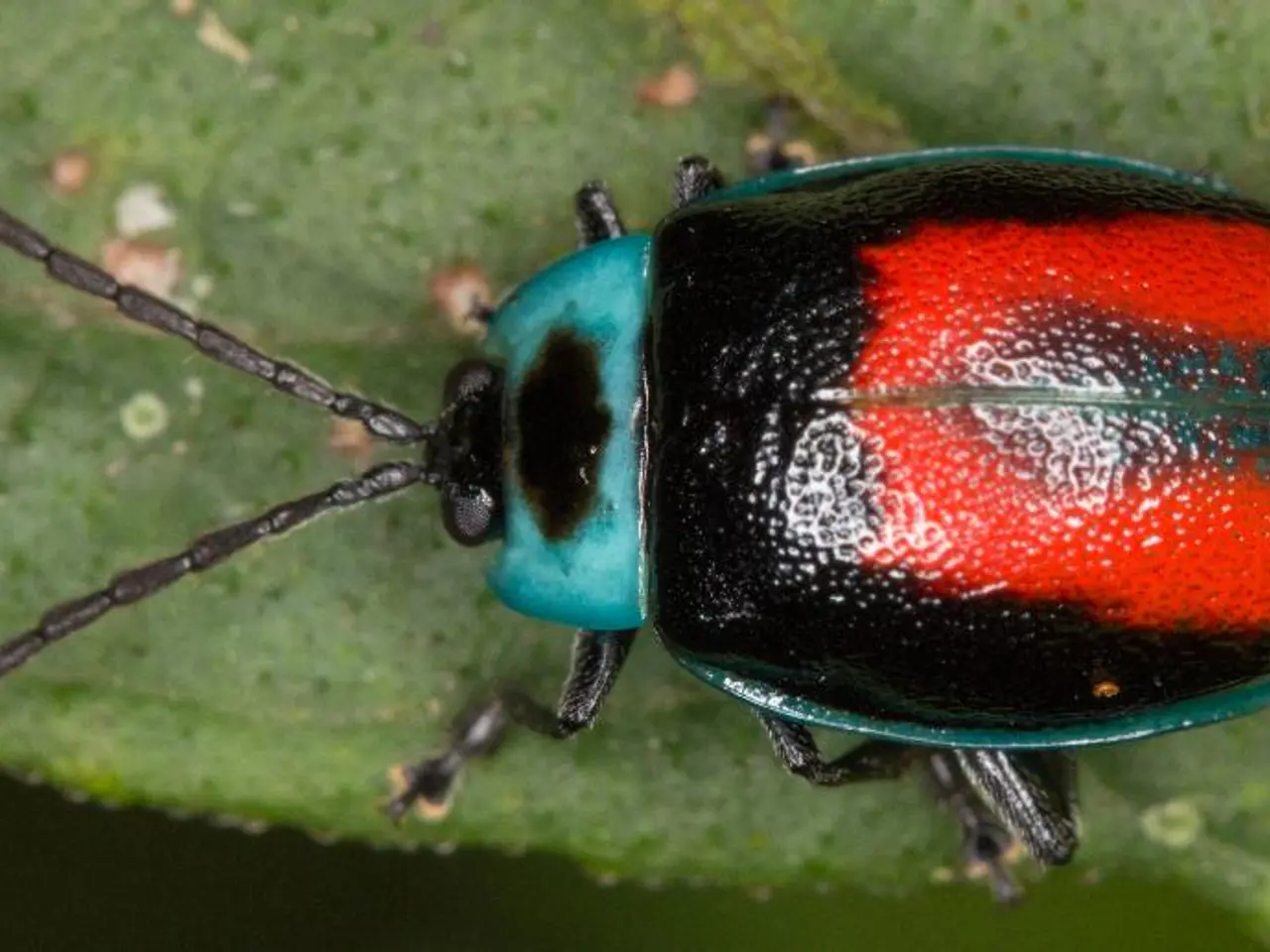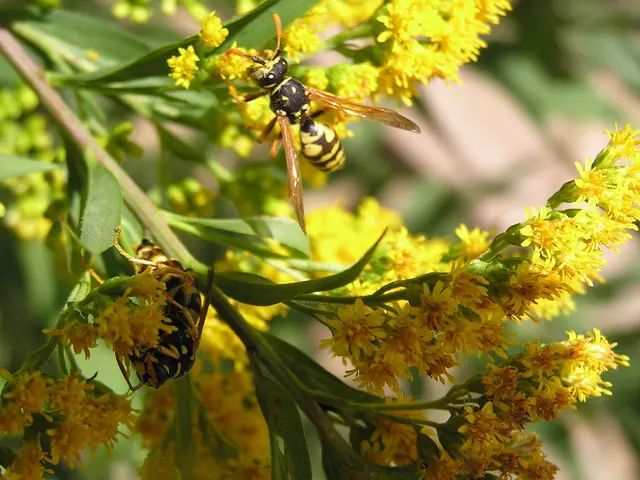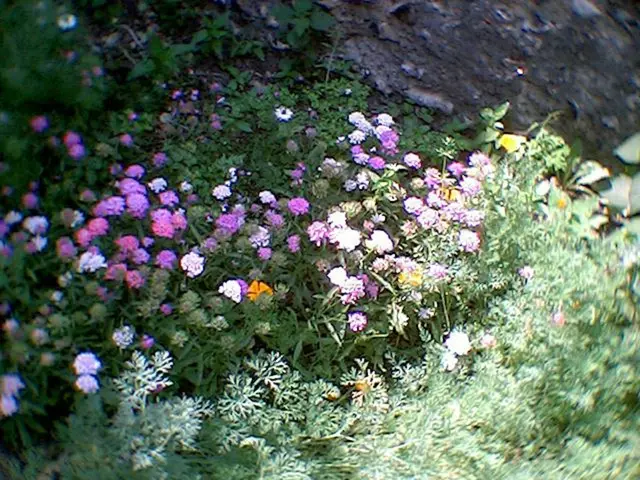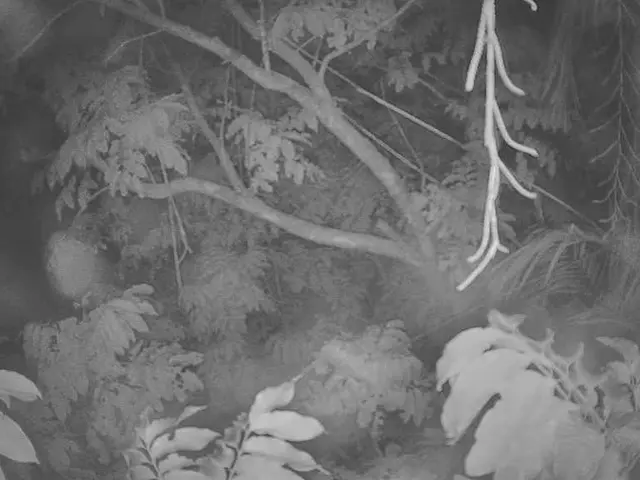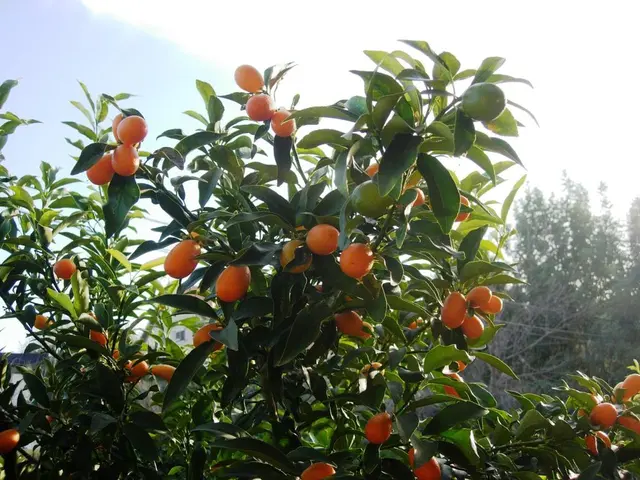The Impact of Milky Spore on Garden Insect Pests: Examining Its Destructive Capabilities
In the ongoing battle against pests in gardens and lawns, a natural solution has emerged as a promising alternative to harmful chemical pesticides - Milky Spore. This article will delve into the optimal conditions for applying Milky Spore, its benefits, and how it contributes to sustainable horticulture practices.
Milky Spore, a specific bacterial agent known as Paenibacillus popilliae, is approved by the USDA for controlling Japanese beetle grubs. It is introduced to gardens and lawns as a powder, and enters the soil where Japanese beetle grubs consume it. After ingestion, the bacteria multiply inside the grub, causing a disease that results in its death.
The optimal conditions for applying Milky Spore to a lawn or garden are crucial for its effectiveness. It is recommended to apply Milky Spore when the soil is warm and moist, typically in late spring or summer once the soil has warmed up. Cold spring soils, such as those in northern New England, reduce the effectiveness because Milky Spore does not survive well in cold soils.
Milky Spore is applied using a drop spreader or a lawn and garden dispenser in a grid pattern every 4 feet. The application is most beneficial during the grub's early stages (1st to 3rd instar larvae), as the grubs ingest the spores from the soil.
Milky Spore is safe for use near humans, pets, and beneficial insects. It minimizes the chances of chemical runoff contaminating water sources and causing harm to plants. Over time, as more grubs become infected, the level of Milky Spore in the soil increases, leading to a longer-term solution for controlling populations of Japanese beetles.
It's important to note that Milky Spore's effectiveness is confined to Japanese beetle grubs and doesn't extend to other turf-damaging species. However, by reducing the reliance on harmful chemical pesticides, Milky Spore contributes significantly to sustainable horticulture practices.
In summary, for best results, apply Milky Spore in warm (spring/summer) and moist soil conditions, avoid cold soils, allow several years for buildup of bacteria in the soil, and use complementary grub control methods cautiously to not disrupt Milky Spore spread. This approach leverages the natural bacterial lifecycle and grub susceptibility for long-term grub population reduction.
Embrace a greener approach to pest control and consider incorporating Milky Spore into your gardening practices.
Incorporating Milky Spore into your home-and-garden lifestyle can contribute to sustainable gardening by offering a natural alternative to harmful chemical pesticides, particularly in controlling Japanese beetle grubs. For optimal effectiveness, apply Milky Spore in warm and moist soil conditions during late spring or summer, after the soil has warmed up, as it does not survive well in cold soils.
